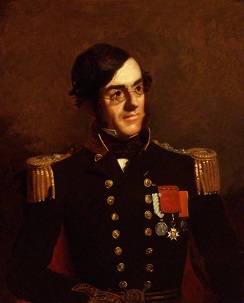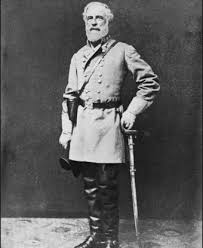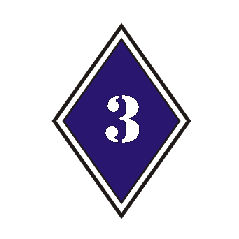The British now occupy Portland, Maine. What is the current population in the British occupied area? Civilians, American POWs, battle ready British troops, sick/injured British troops, others. The reason I ask is that now the British must ship in food and other supplies for all those people. How much shipping will have to be available to meet this demand?
Can't give you the whole population, but with much of occupied Maine, they have the state capital at Augusta and Portland, with numerous other little towns in between, the only spot not in British hands is Fort Knox and Bangor where some 4,000 Maine militia are holed up. Though roughly the number of POW's from Maine is 10,000, and numerous militiamen have been paroled. The POW's have been shipped to prison camps in Nova Scotia at Windsor and Truro (though some officers are held in Halifax). The number of British troops in Maine at present is 22,000, faced by roughly an equal number of soldiers (though it's about 19,000) under Keye who are fortified at the village of Westbrook just north of Portland.
However, neither side is interdicting the shipment of food or supplies now that the siege has ended. There's two reasons for this: firstly Lincoln nor his generals have any interest in bringing the misery of war to loyal northerners, and secondly because they know the British are not there to occupy the territory in perpetuity. The British are being remarkably lenient in most things, allowing trade and simply ordering no interference with the British movements overland (but since they control the coasts and rivers, it isn't a huge issue).
Winter is coming in just a few months, the British/Canadian forces along the St. Lawrence River will soon be isolated from supplies, so now is the time to build up supplies from GB for the winter. More shipping needed. Once the river ices up, GB will only be able to ship to Nova Scotia and Portland, ME.
That is an imminent problem for the British. They have been working to improve the winter road overland throughout the year, but that's no substitute for either a functional railroad or sea shipping. However, they have been working to stretch the railroad from St. Andrews further north to Tobique.
For the moment though, they're rushing as many men and supplies as are available across the Atlantic and up the St. Lawrence/Rideau Canal to supply the men in theater before the winter ice arrives. However, once the ice arrives only the sledge route will be available, and the only current plus is that with Houlton and Fort Fairfield occupied and patrolled by the New Brunswick militia, there's no reason to expect any difficulty in keeping the supply route open in winter.
I don't think the British will be able to use the GTRR to ship supplies to their inland forces. I'm sure the Americans moved or destroyed locomotives and cars when the city was imperiled and actions to destroy rails and bridged have taken place. The British will have to ship in locomotives, moving stock, rails, switches, spikes, etc. if they want to try to control the railroad and use it for logistical support.
The Americans will find supplying their forces much easier, in most cases there are railroads connected to the factories and cities of the North. The American supplies are much closer to the fronts and there is a much faster reaction time for critical shortages.
The British plans to use the Grand Trunk from Maine are/were a little over the top in my thinking. For one thing the Americans still maintain enough resources in theater to harass this route making overland supply difficult, and the British would need, as you say, to ship in most of the men and material necessary to operate it. Thus far it simply doesn't make sense. Even the Grand Trunk in Canada during winter can be difficult, but should be enough to supply the men already in Canada during the winter months.
The Americans are in a better position since their rail network on each front is denser, and they are closer to most of their supplies allowing them to shift men and material around to meet new threats (hence why they could take two divisions from Maine and use them to deal Williams a good defeat) and one they intend to use for upcoming events out West too.
Just a few thoughts.
Thank You,
MrBill
Thank you for your thoughts and I hope this answered your questions!



